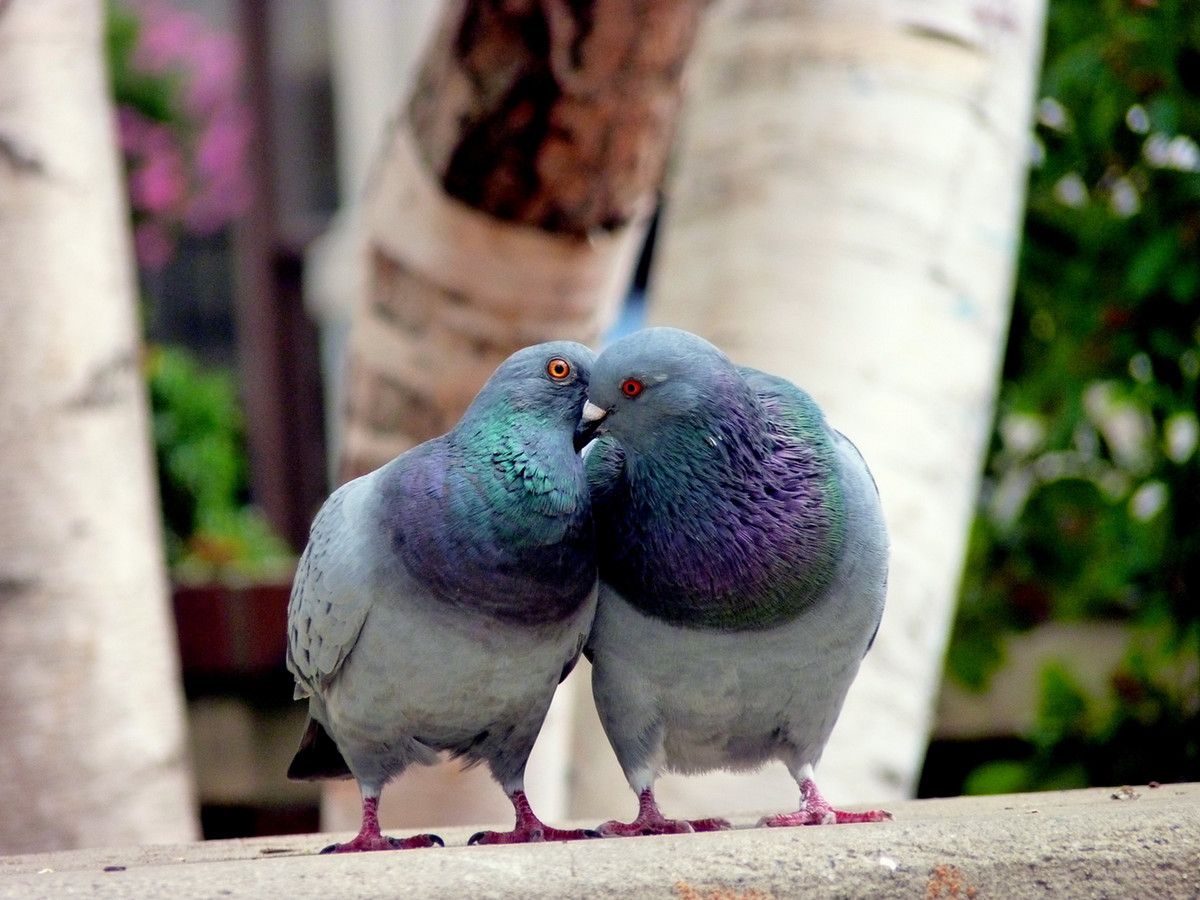Superstitious pigeons, on today's Moment of Science.
Okay, okay--you yourself aren't superstitious; you have a cool head and always think rationally. It's all those other dummies. Would you be surprised to learn, though, that human beings aren't the only animals to behave superstitiously? The psychologist B.F. Skinner showed that you can even form a superstitious belief...in a pigeon.
Skinner describes the process in his paper "'Superstition' in the Pigeon," printed in the Journal of Experimental Psychology back in 1948. He was interested in how animals respond to positive reinforcement--that is, getting something good when you behave a certain way. Peck at the bar and food appears; soon you learn to peck for food. What happens though, if the food comes totally at random?
Imagine the pigeons at some average part of their day--pecking, scratching, looking for food. Every now and again, boom! A tasty pigeon snack appears. Hey, the pigeon thinks, that's great. Was it caused by the fact that I was foraging around over here?
If the pigeon tries foraging over there more often now, it's more likely to be doing just that the next time reinforcement occurs...even though the reinforcement itself is random. Gradually the particular type of foraging becomes associated with a reward.
This random reinforcement, Skinner argued, is the animal version of superstition. Modern researchers think superstitious behaviors aren't totally random themselves, but Skinner's insight is still a powerful one. If I wear this lucky shirt, you say, I'll have a good day! The more you wear that lucky shirt, the more likely it is you'll have it on when something good happens. You're on your way to a full-blown superstition.










